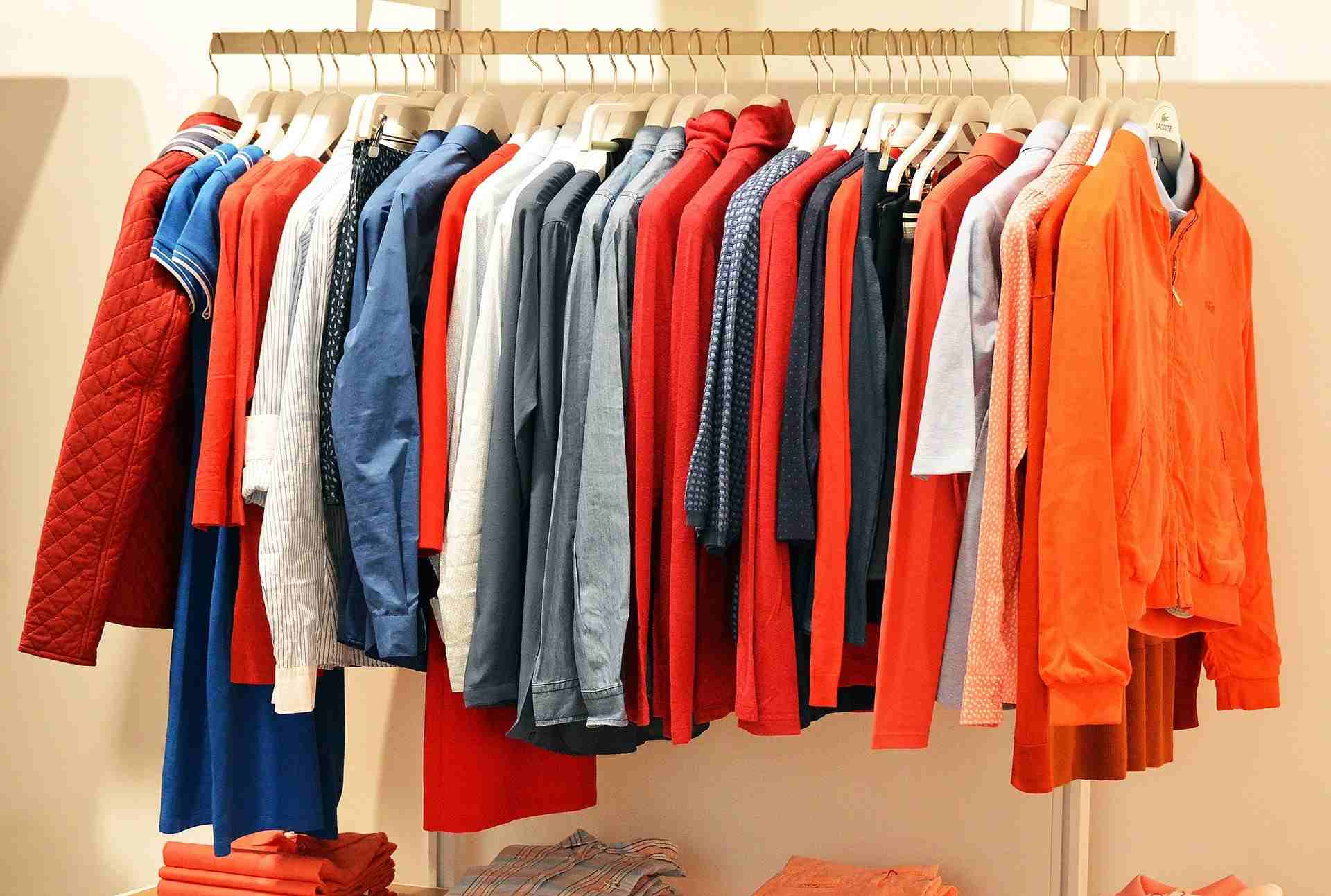
What to Wear in Egypt
Can I wear shorts in Egypt? How should my swimwear look like? Do you have to cover up in Egypt? These are some of the questions we recently received from female members of our Facebook group regarding Egyptian women’s clothing; we were asked how Egyptian women dress? Everybody’s wondering if there is a specific dress code in Egypt for tourists, or a recommended attire for travel in Egypt? They are seeking tips on what to wear in Egypt in order to be dressed appropriately, without melting from the summer’s scorching heat…
Egypt Weather: What Is It like?
Egyptian summers are very hot, dry, and extremely sunny -desert weather-, but humid along the Mediterranean Coast & the Delta. While on summer days it’s common to see highs of 40-45 C/100-115 F, yet temperatures considerably drop at night and can get chilly, especially in Upper Egypt, the Oases, Sinai, & the Red Sea Coast, as for winter days, which are mostly sunny, it can get extremely cold & windy, below 10C/50F after the sunset & before sunrise with no proper heating system installed. Temperatures can drop below 0 C/32F in the city of Saint Catherine the only place in Egypt where you could spot snow-capped mountain peaks, and can rarely witness snowfalls. That’s why it’s crucial to consider what clothes to wear in Egypt, which will depend on the part of Egypt you are visiting, & when.
The hot season runs from May till October, temperatures drop around mid-October till end of April.
What to Pack for Egypt?
Bringing together your Egypt packing list can get tricky, as the weather here is mostly hot & sunny, hence the need for breathable fabrics such as cotton, linen, and silk.
This outfit works perfectly..
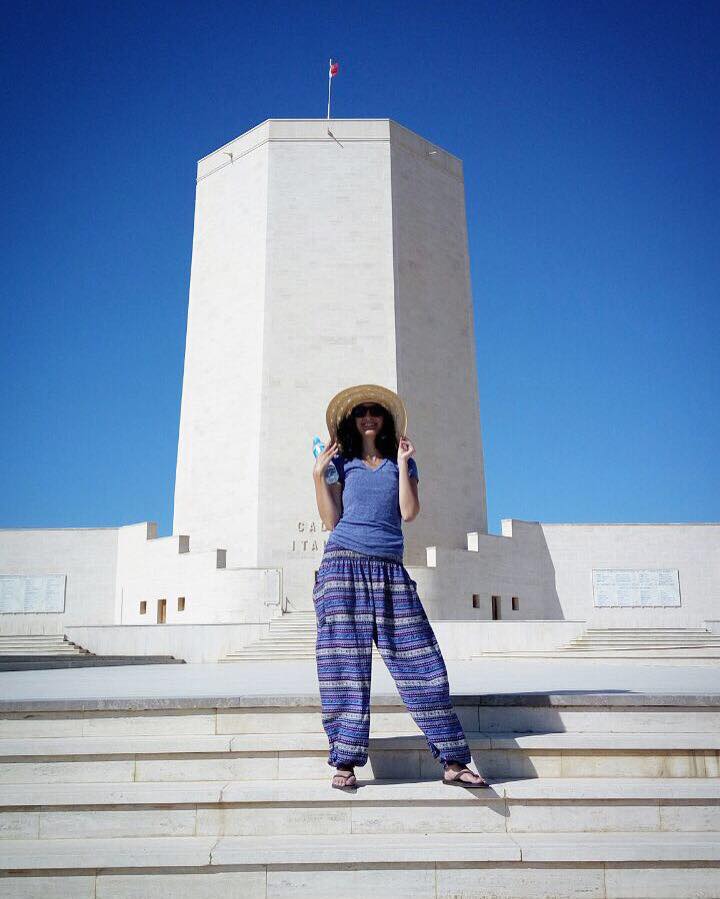
Our friend Zainab AbdulAziz in her sightseeing outfit
We totally get the reason for your confusion; there are so many different opinions and conflicting information floating around on the internet. Well, the answer is not as easy as it might seem, but we definitely will put an end to this chaos!
Let us first respond to a couple of misconceptions;
- What do people wear in Egypt? Except for rural areas, Bedouins, Siwis, and the locals of Upper Egypt, Egyptian clothing today is not in galabiyas, Egyptians wear modern clothes
- Ladies — No, you don’t need to cover your hair. While it’s a must in some countries, this restriction does not apply to Egypt.
- No, you don’t have to cover your ankles, or yourself from head to toe.
So what’s the Egyptian attire like, in other words; is there an Egypt dress code?
There actually isn’t, moderation is key; the general rule is to avoid wearing figure-hugging, short, tight, or revealing clothing.
How to Dress in Egypt?
The dress-code differs from one area to another, and one neighborhood to the next, so it highly depends on where you are going & when. In some neighborhoods in Cairo for instance, you can wear whatever you please; namely in Zamalek, Maadi, Heliopolis, Zayed, & some parts of New Cairo (also called the 5th settlement or Tagamo’).
In this comprehensive list of Egypt packing tips, we will answer all your concerns regarding how to dress in Egypt as a tourist, and if there are things that you shouldn’t be wearing.
Q1: What to wear in Cairo? What should I be wearing if I am going to the Pyramids/Islamic Cairo/Old Cairo or any outdoor tourist sight, or just going for a walk in Cairo/Alexandria on a hot day?
A shirt/t-shirt with a pair of loose pants would be ideal. Capri pants, maxi dresses, or even shorts would work too, as long as the shorts are cut long (knee length). Dresses or skirts are fine… unless you are planning on riding a horse or camel!
Are you planning to visit the Pyramids? Check out those tips for visiting the Pyramids of Giza
It’s a good idea to avoid any body-hugging clothes in general, not just out of respect for local norms, but also to keep away from overheating!
Though Downtown Cairo is a touristy area, the same dress-code applies as mentioned above.
Always carry a scarf in your bag, not to cover your head, but in case you felt uncomfortable at any given point you can wrap it around your torso, or around your neck to cover the chest area.
The outfit pictured below would definitely be out-of-place or not considered appropriate for most areas in Cairo or Alexandria. However, it would be totally fine on the beach areas of the North Coast, as well as most places along the Red Sea. Sleeveless shirts are ok, too!
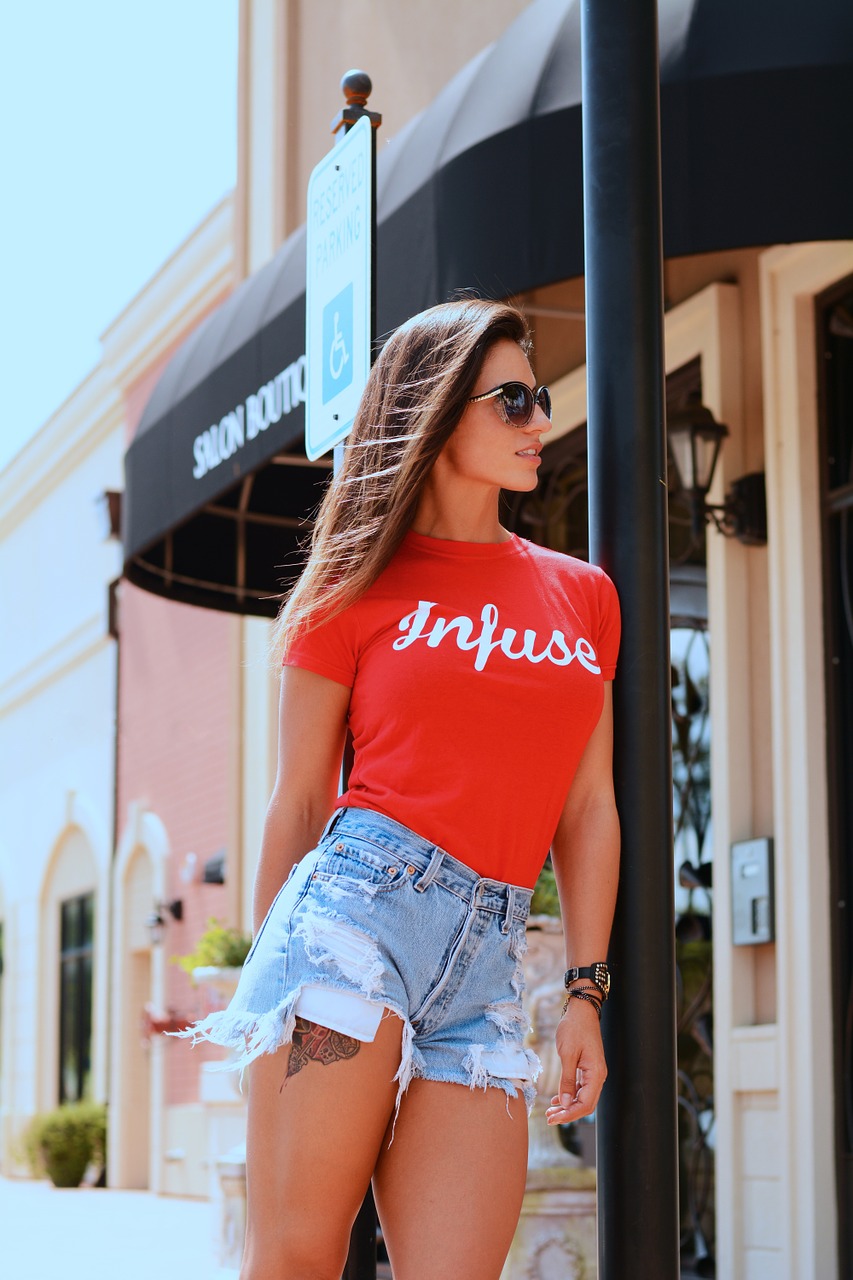 Girl in hot shorts via pixabay
Girl in hot shorts via pixabay
Q2: What about Luxor, Aswan, or Abu Simbel? If I’m taking a cruise, what kind of clothes are ok to wear?
The same general guidelines for Cairo and Alexandria apply to these places as well. Just keep in mind that these places further south will be even hotter, especially in the summer months.
No particular dress code needs to be followed on the cruise ships; wear whatever you please. In the touristy areas of Luxor and Aswan, you don’t have to dress as modestly as you might in the more local parts of these cities. For example, while visiting Philae Temple in Aswan you might wear a sleeveless shirt and a pair of shorts. But if you were to go into the local market, consider changing to a t-shirt and longer pants.
Q3: What do I wear if I’m going to a fancy lunch, a nice dinner, a party or a club?
That depends on the location of your outing and whether you are alone or have company. Let’s be honest, as a foreigner you’re probably already going to be attracting a bit of extra attention anyway, and a flashy club outfit or fancy dress is only going to add to the attention. We’re not saying to avoid wearing special-occasion clothes — not at all. Just be prepared for maybe some extra staring or catcalls. (By the way — the best way we’ve found to deal with stares or catcalls here in Cairo is to stare back, blank-faced. No smiling. Make uncomfortably intense eye contact. It’s uncanny how quickly machismo is lost when you look ’em dead in the eye!)
It’s better to dress modestly whenever riding a taxi or public transportation. Less attention can make for a smoother ride.
Case 1 – you are a solo female: let’s assume that you are riding an Uber/Careem, & will be dropped off at your meeting point. Wear whatever you please, but throw on a jacket or scarf/shawl on top, maybe even a pair of leggings, then take it off as soon as you arrive at your destination.
Case 2 – you have company: you don’t have to worry as much about that extra layer.
Q4: What about coastal cities/towns?
There are no restrictions. Just lots of intense sun, so –men and women– don’t forget to keep some form of skin protection handy.
Please buy eco-friendly products that aren’t harmful to marine life!
Q5: What should I wear when visiting a mosque/church?
A common misconception is that non-muslims cannot enter mosques in Egypt; that’s a total hoax.
Egyptians treat holy places with so much respect, and will get deeply offended if you don’t also show respect. Therefore there are certain considerations that you must take into account.
- Women will be given a robe-like garment to wear, which will cover their body from head to toe.
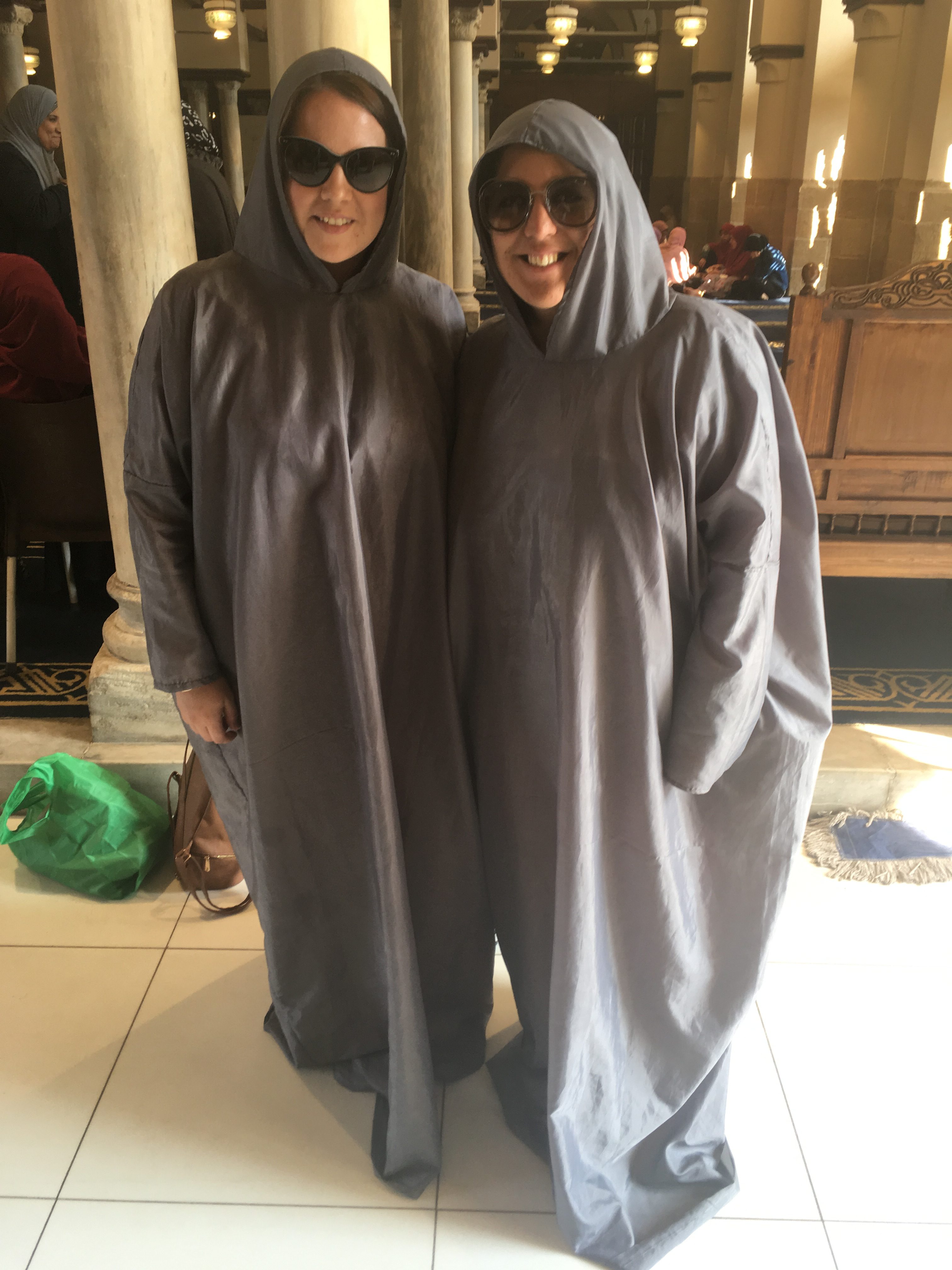 Amy & I at El-Azhar Mosque in our robe-like garment – Photo by: Mike Sloan
Amy & I at El-Azhar Mosque in our robe-like garment – Photo by: Mike Sloan
- Men with shorts above the knees cannot enter a mosque, so make sure to wear long pants on that day (or you may also be given the robe to wear).
- Everyone will have to take shoes off to enter, so keep a pair of dark socks -so they wouldn’t get dirty from the dust- with you if you don’t like being barefoot.
Tip: NEVER EVER leave your shoes at the shoe cabinet in the mosque; there is 80% chance that you won’t find them on your way back. So always take them off, and put them in your bag.
As for churches, similarly, female visitors should have their shoulders covered, and avoid above-the-knees dresses/ skirts/ shorts. Same goes for men: no short pants. It’s like visiting the Vatican City in Rome.
Q6: What kind of shoes to wear in Egypt?
That’s really up to you, and how you like to travel. There are some places to visit that require a LOT of walking, like at the pyramids, around some of the temples between Luxor and Aswan, or along hiking trails in the Sinai Penninsula. Supportive, comfortable shoes with a good tread on them would then be a must.
In the cities, if you are comfortable in sandals or open-toes shoes — go for it! Just be prepared for your feet to get a bit dusty. We are in a desert, after all!
Q7: Should I abide by this dress-code?
Yes, you should, if you want to blend in, be treated as a visitor who cares enough to respect the local culture & traditions, be seen as someone locals would feel comfortable talking to, be invited for things, and for locals not to treat you as an alien.
Q8: What will happen to me if I don’t?
Maybe you’ll be stared at more, get some dirty looks, or maybe you’ll have to put up with a few more catcalls. Maybe absolutely nothing will happen to you. It’s just nice to be mindful of the culture and traditions of others. You are the visitor, after all.
Locals will most likely stare at you no matter what you do, so don’t feel offended. Many people are simply intrigued by how you might look “different” to them. If it’s really disconcerting, this is when the scarf can come in handy!
But also keep in mind that staring is not the same as harassment. Should you experience harassment of any sort, remember: in all places (not just Egypt), harassers harass because of who THEY are, not because of who YOU are. Dressing a certain way does not guarantee you won’t be harassed, nor does it make it acceptable for someone to harass you. Most Egyptians understand this, and will go out of their way to make you feel safe and welcome. If you’re ever caught in a situation where you feel uncomfortable, don’t be afraid to ask others for help — even something as simple as helping you cross the street or find a safe place to wait for a car or taxi.
Good to Know
- If you are visiting Egypt in summer time, you will sweat more than usual, so having extra clothes to change into is smart!
- In some parts of Egypt, it’s preferable to cover your swimsuit with a t-shirt, or be dressed in shorts and a sleeveless t-shirt (for example, at Cleopatra’s bath in Siwa).
- Wind can blow when you least expect it, therefore a pair of leggings comes in handy
- Winter months (December and January, especially) can actually get quite cold. Long pants and coats/jackets are definitely necessary.
Must Be On Your Packing List
- Eco-friendly Sunscreen
- Sunglasses
- A scarf
- Hand wipes or gel
- A refillable water bottle -better in stainless steel to bear day heat
- Small bills in the local Egyptian currency
- That’s a very innovative gadget to cool off the heat
- Snacks that don’t melt from the heat (i.e. trail mix, energy & granola bars)
- Eco-friendly/Biodegradable toilet paper
- A hat (specially while in the desert or in Upper Egypt)
Read Also:
- How to get around Egypt
- Arabic 101 for Egypt Visitors
- Cairo Tourist Attractions for First Time Visitors
- 9 Reasons to Choose Egypt Over Any Other Country
We hope you really liked this blog post, as much as we enjoyed putting it together. If you want to ask us any questions, or engage with other people, join our Facebook group here.
This post contains some affiliate links. By booking through these links, we will get a small commission that will help us maintain this site and make it grow, at no extra cost to you.
Leave a Reply
You must be logged in to post a comment.
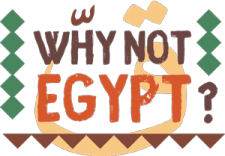
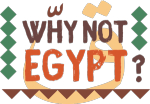

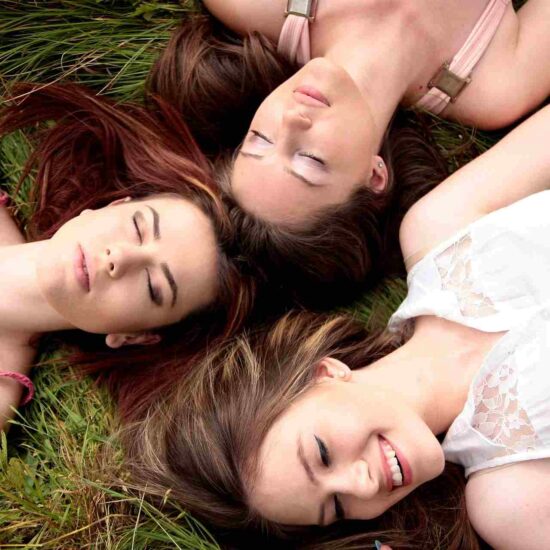
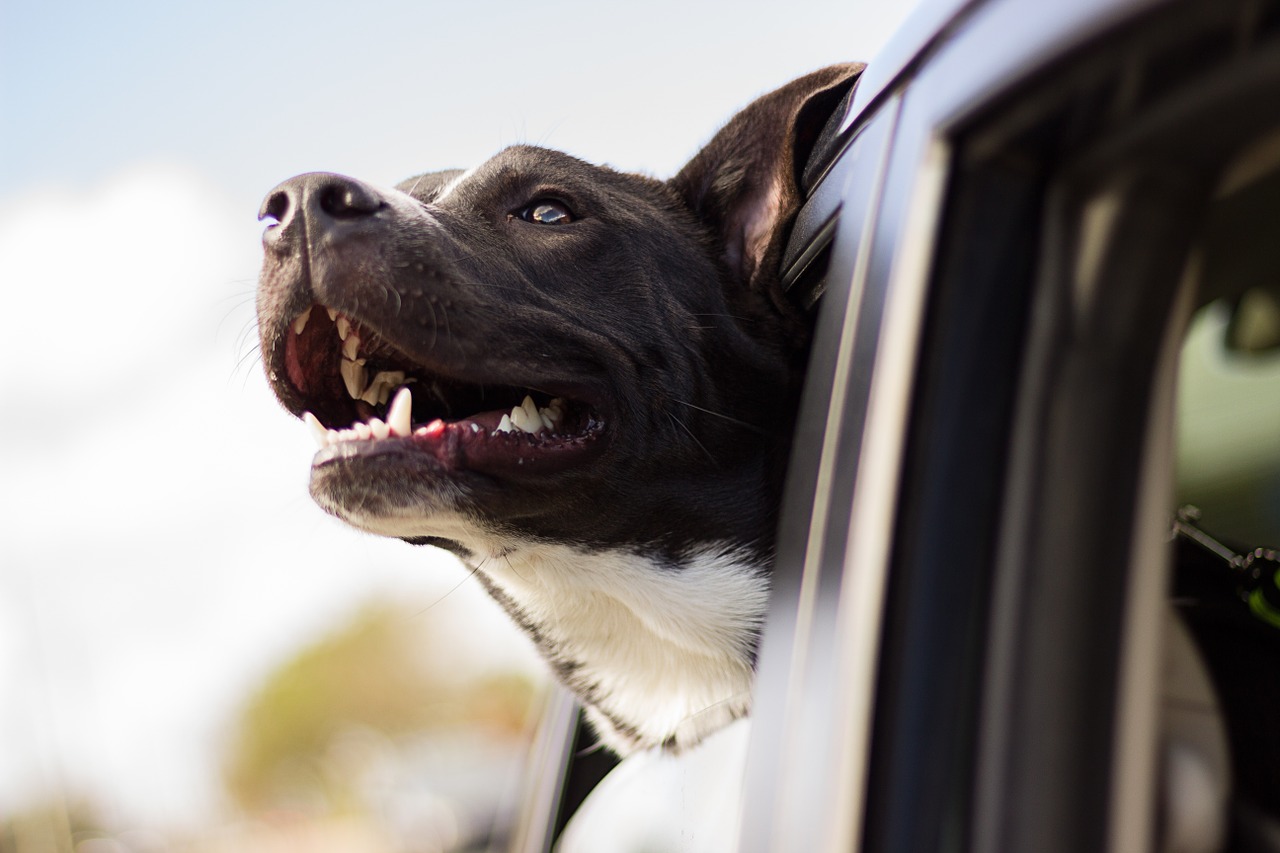
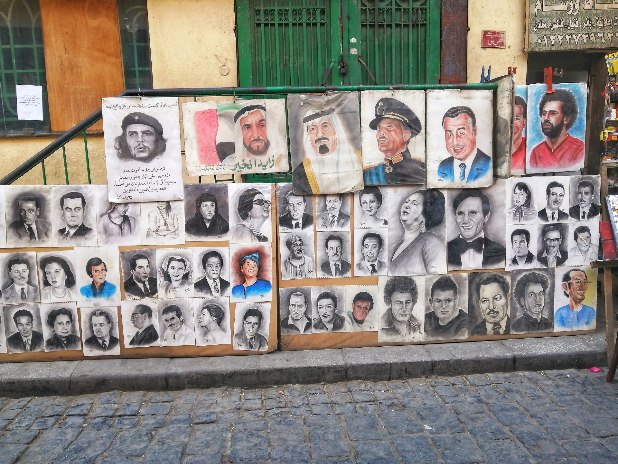
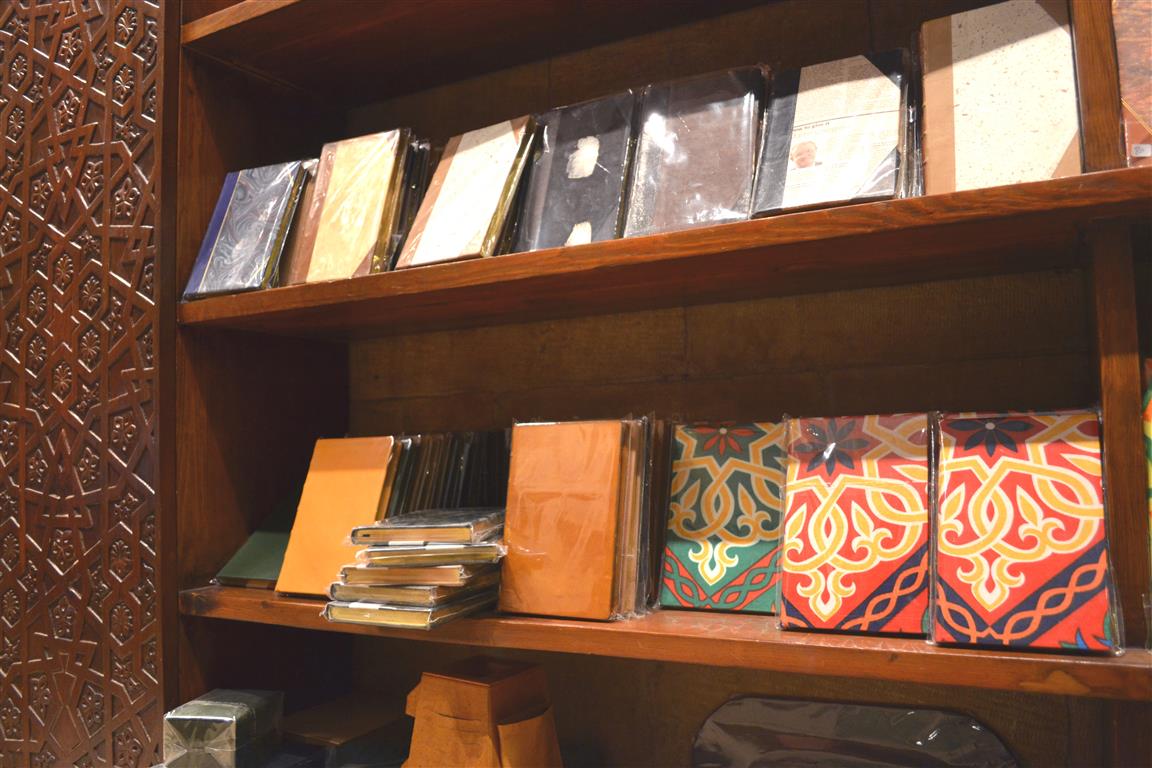
Pingback: A Guide to Exploring the Best Places in Zamalek Island | WhyNotEgypt?
Pingback: Cairo Tourist Attractions for First Time Visitors | Why Not Egypt?
Linda Lacy
You forgot a Washington Nationals hat!
Passainte Assem
huh? can you further explain? 🙂
Christina Wichert
Yes!! Oh man, how did I miss this comment earlier?! That’s a personal favorite accessory of mine 😀 Go Nats 😆😆
Pingback: Safety in Egypt: Expectations vs. Reality | Whynotegypt
Pingback: 20 Things You Need To Know Before Traveling To Egypt - WhyNotEgypt